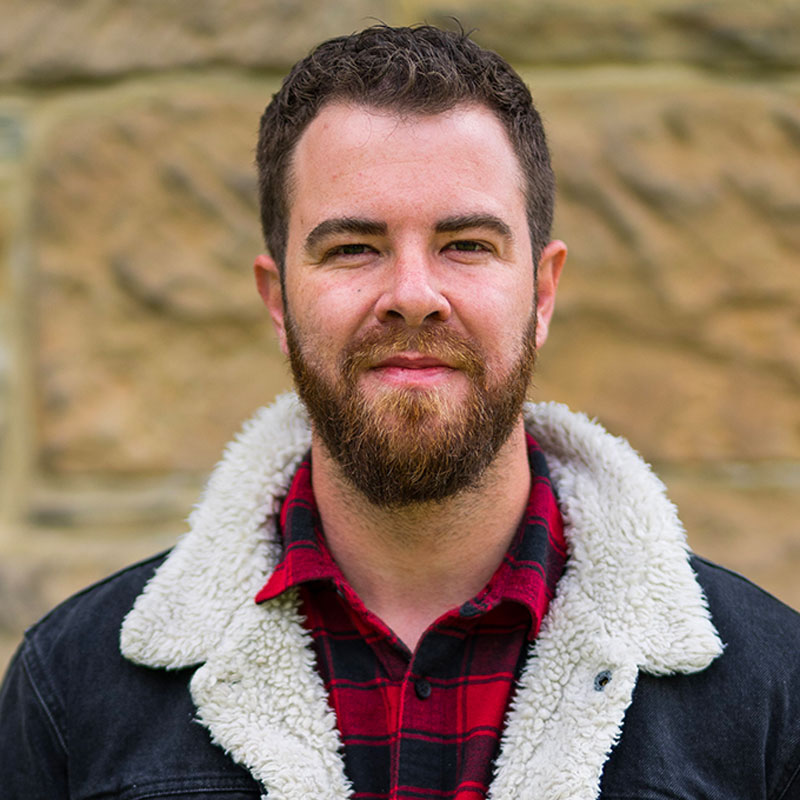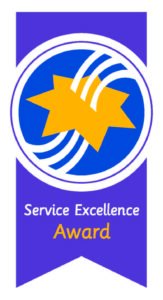How do I become a Lived Experience Advocate?
Step One: Consider the Selection Criteria
First, consider if you meet the following selection criteria:
- lived in Tasmania for at least six months
- 18+
- have personal lived experience with alcohol and other drug dependence, which can include being significantly impacted as a family member or friend of someone with alcohol and other drug dependence
- capacity to work well in a team, using judgment and self-awareness, or be able to acquire it
- adequate communication skills. You don’t need to be an amazing communicator, we welcome all levels, but you do need to be able to:
- communicate your thoughts and feelings in a constructive manner, according to the context
- reflect on issues that impact the people you know, keeping in mine perspective of the wider community and not only own personal experience
- provide advice and direction from the perspective of a service user
Step Two: Submit an Expression of Interest
If you’re confident you can satisfy this selection criteria, next submit an Expression of Interest (EOI). This can be completed on the ATDC website. There are five questions to answer:
- Please provide a short summary of your lived experience, which you are willing and comfortable to share.
- Why do you want to use your involvement to influence the Alcohol and Other Drugs sector?
- Please detail your understanding of the Lived Experience Advocate role.
- Why would you make a good LEA?
- How did you find out about this role?
Your EOI will be reviewed by the ATDC and compared against the selection criteria, as well as capacity and need. We’re looking for a diverse range of representatives from across the state.
Step Three: Formal Application
Upon successful review of your EOI, the ATDC invite you to submit your formal application. It will also offer you the chance to provide more details, such as your specific interests, access issues, and availability.
Step Four: Induction!
Following the successful review of your formal application, you will be invited to an induction meeting with the Lived Experience Advocate Service Coordinator (LEASC), as applicable. This will occur face to face or over the phone if needed.
This is where you will be able to ask questions, gain further insights, complete paperwork to finalise the agreement between yourself and the ATDC, and provide further detail about your lived experience and relevant skills.
The Lived Experience Advocate Service Coordinator is highly skilled to support you to share your story, and upholds strict confidentiality and privacy standards.
Following the induction, both you and the Lived Experience Advocate Service Coordinator will have a greater understanding of which roles may best suit you, and you will be ready to start being assigned to LEA roles.
Opportunities for Advocates
There are a range of opportunities for Advocates to engage with services and share their lived experience.
1. Joining a Board, Committee or Working Group
This may involve being a member of a group that discusses and gives advice on alcohol, tobacco and other drug (ATOD) issues. These groups usually send out some reading material before each meeting that sets out what they will be discussing. An LEA reads the material, attends the meeting and talks about their experience of the issue being discussed.
2. Supporting service organisations
Sometimes, organisations that provide services in the ATOD sector need a person with a lived experience of ATODs to provide feedback or advice about their services. This can include:
- helping to choose staff (e.g. by being part of an interview panel).
- giving feedback about a change in services (e.g. changing opening hours, or what services are needed and how they are provided).
- reading and commenting on documents or policies dealing with ATOD services.
3. Talking about your experience
Stories about your lived experience dealing with ATOD services are a very powerful way to help people understand the issues faced by people with a lived experience of ATOD use and/or treatment. This can be useful in challenging stigma and in health promotion. The media often asks the ATDC to comment on ATOD issues and they are usually most interested in talking to someone who has personal experience. If you are prepared to share your story, but you’re not comfortable being identified, your name and/or image can be kept private.
Additionally, the ATDC often puts out a call out to see what’s been happening on the ground. We use this information to make a list of the issues currently facing people who use ATOD services. The list helps us when we work with the government to develop ATOD policies and in deciding where to focus our own activities.
4. Professional Development
We value your time and your expertise and want to help you become a skilled volunteer LEA. It takes a special person to reflect on your own issues, the issues that impact the people you know, and to keep in mind the perspective of the wider community. It can be challenging to think and speak objectively as an LEA, especially about issues that are personal to you and may be at odds with your personal view. We will help you on your journey by providing professional training and ongoing support, including informal training, including feedback discussions and debriefs with the Lived Experience Advocate Service Coordinator.
What support will I get as an Advocate?
As an LEA, you will be treated with professional courtesy, dignity and respect, as any community volunteer should expect to be treated.
What happens first?
Before you join our team of LEAs, the Lived Experience Advocate Service Coordinator (LEASC) will spend some time getting to know you and your story, to whatever extent you are comfortable sharing. This will help the LEASC understand what type of role will suit you best. It will also give you the chance to talk about your experiences, the things that are important to you, and what you hope to achieve as an LEA—and to ask any questions you have about possible roles.
Who is the Coordinator?
The ATDC’s LEASC will help you find a role with a service organisation that has asked for an LEA (‘requesting service’). The LEASC will also give you the support you need to make that role a success. Before you are placed with a requesting service, the LEASC will talk to you about what the role involves, what to expect, and how you might prepare for it.
While you are an LEA, you can contact the LEASC for help with your role.

